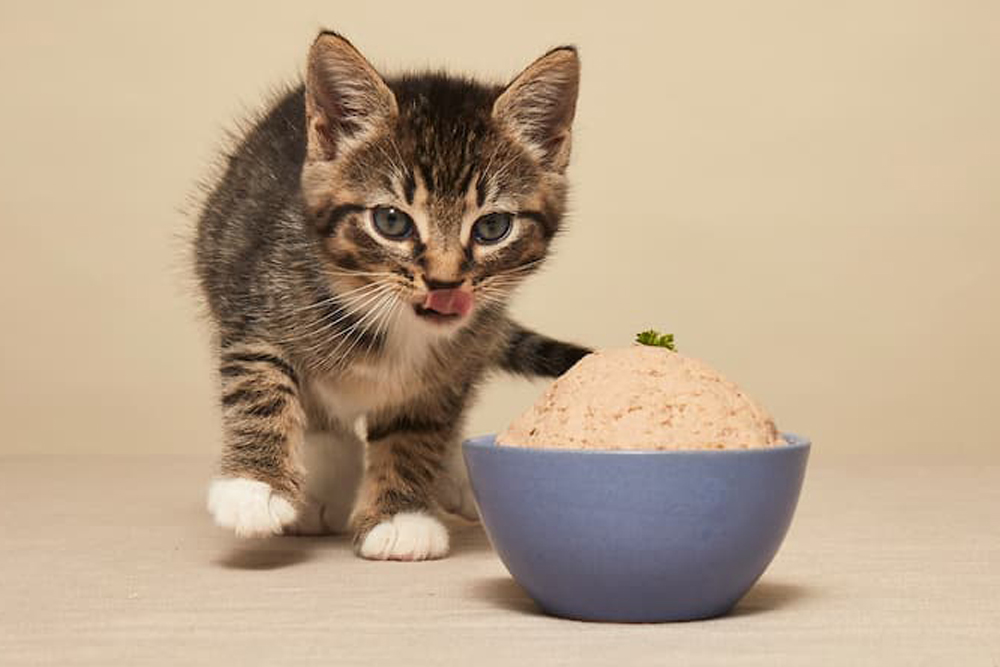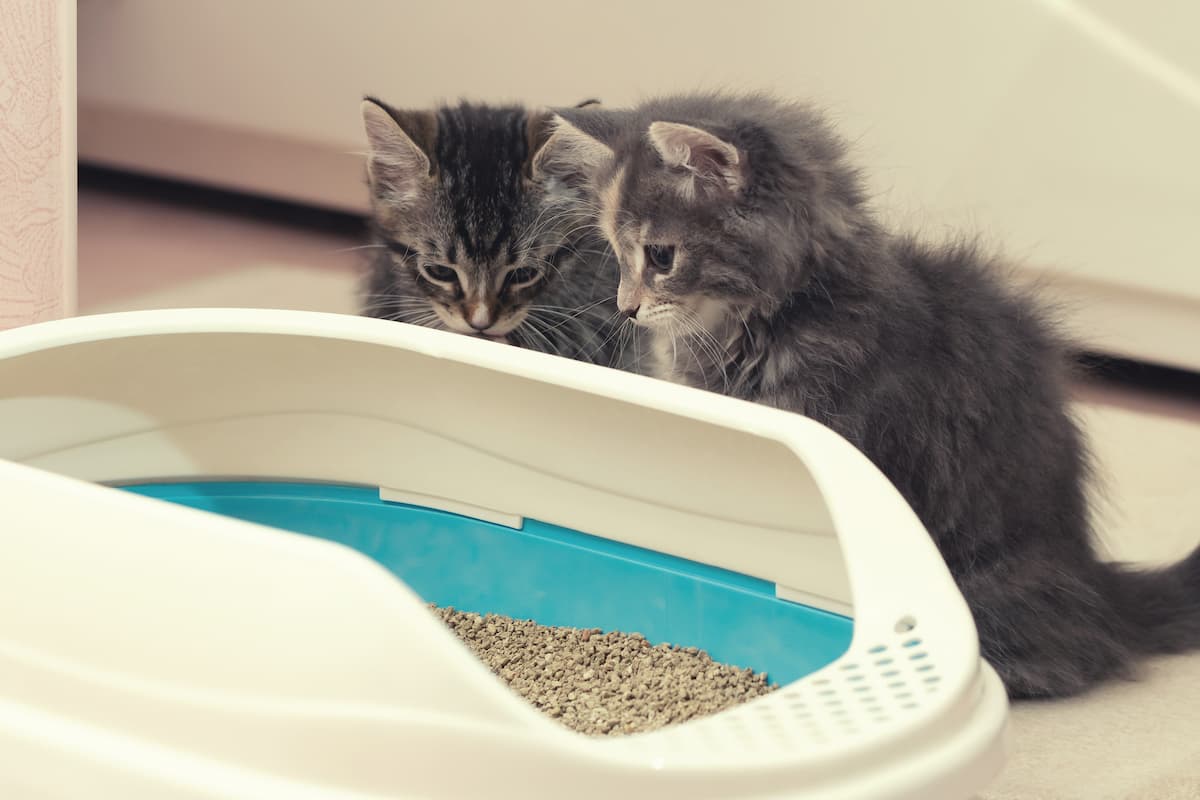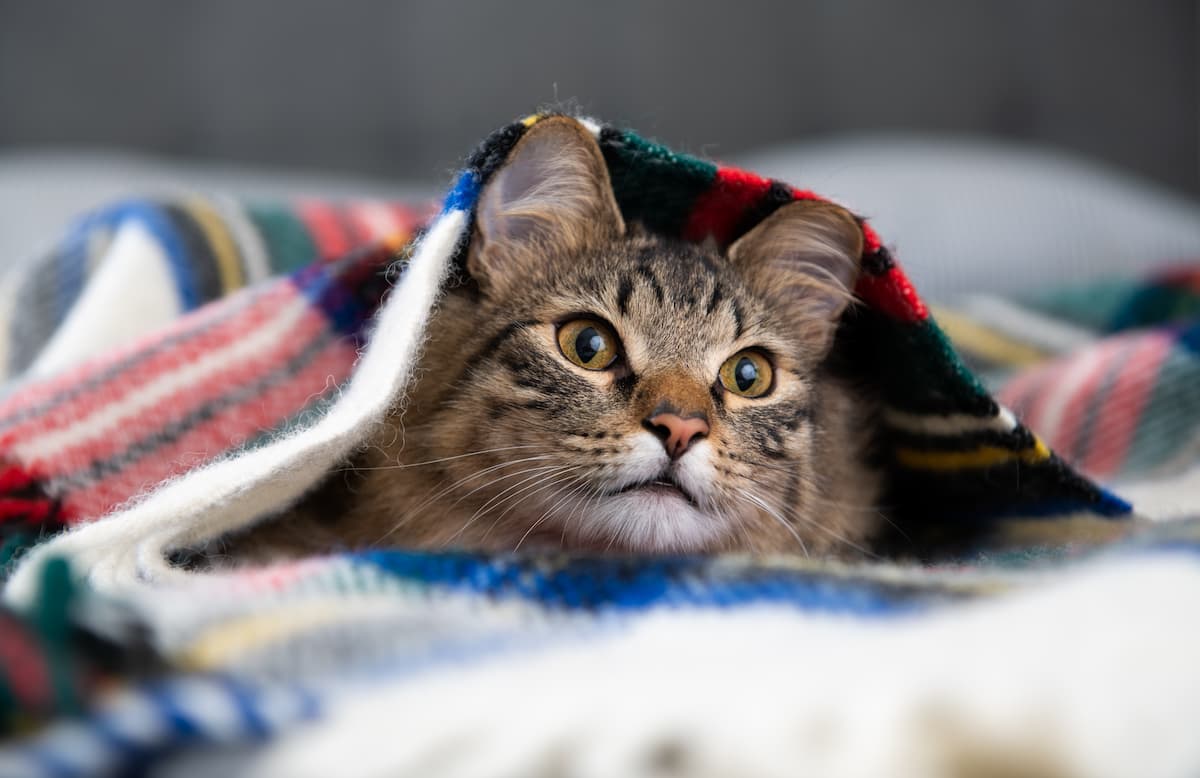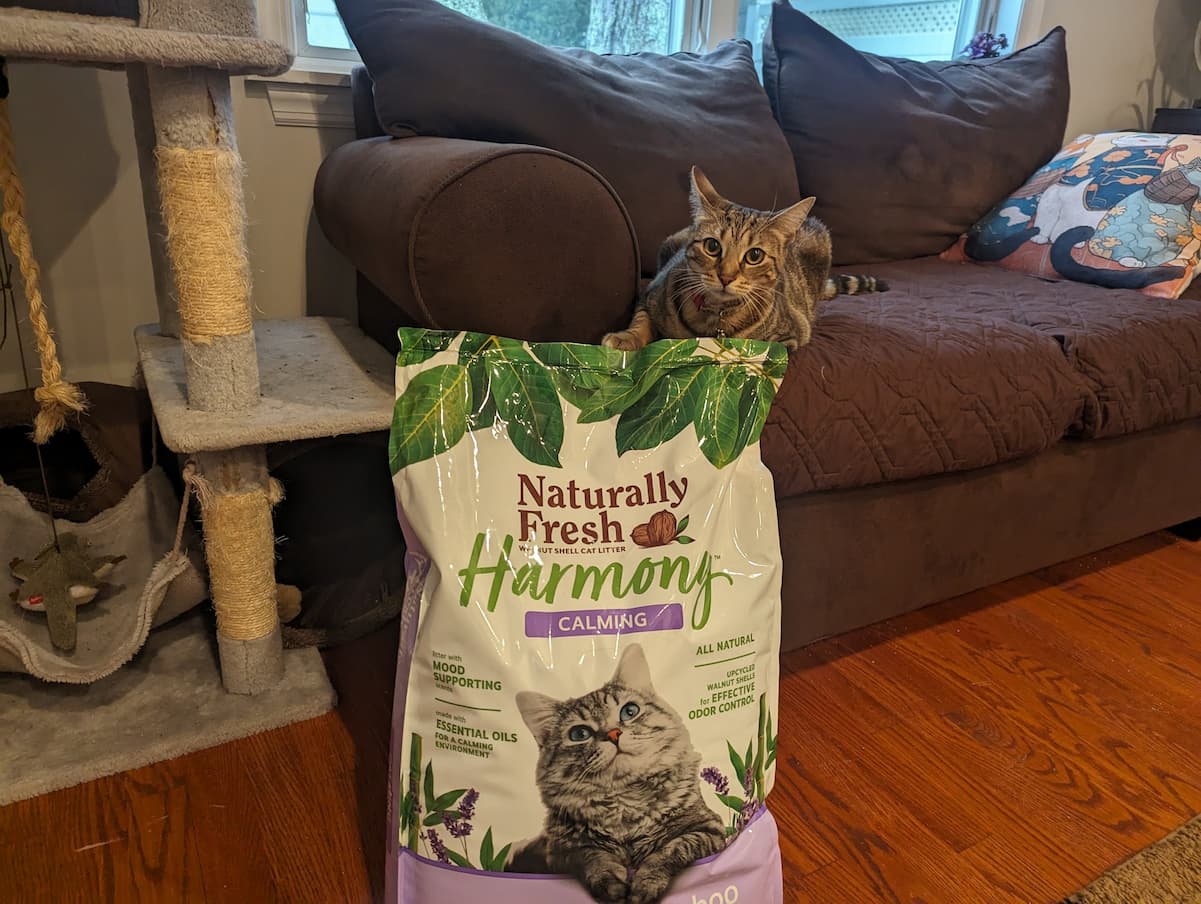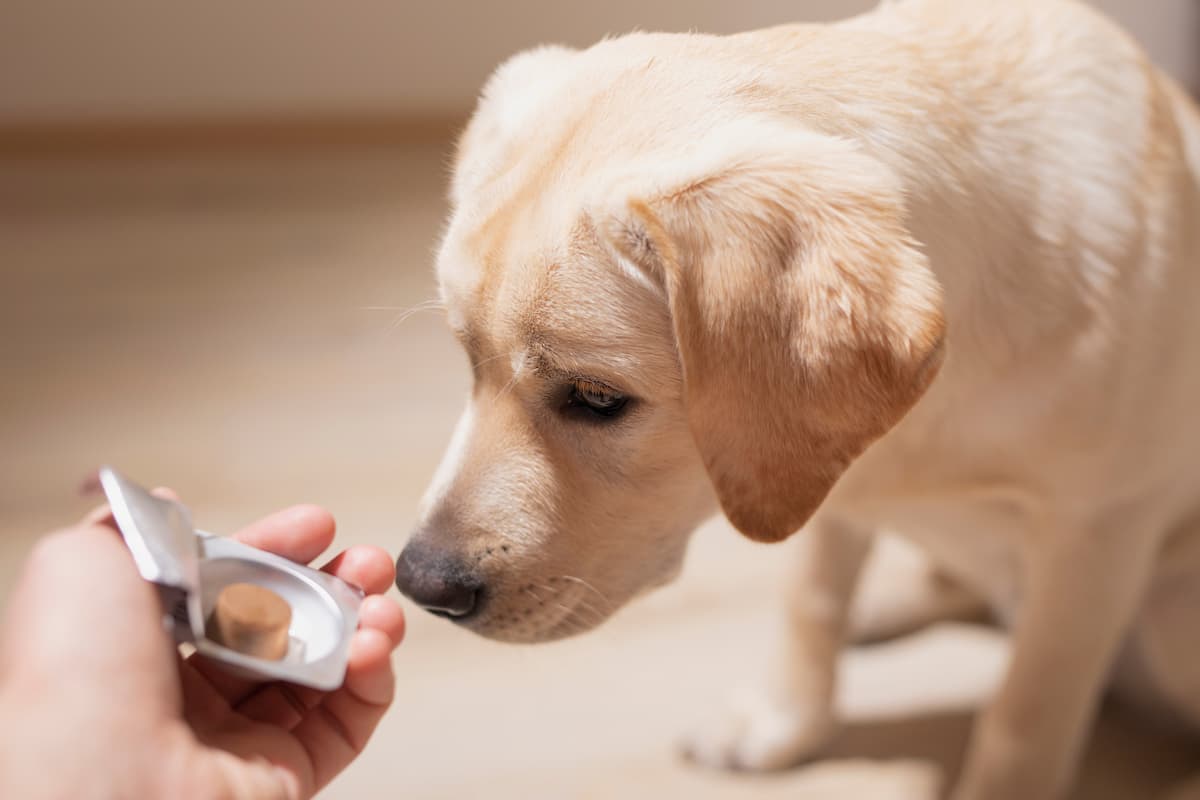10 Reasons Why Guinea Pigs Make Great Pets
Updated on May 10, 2024
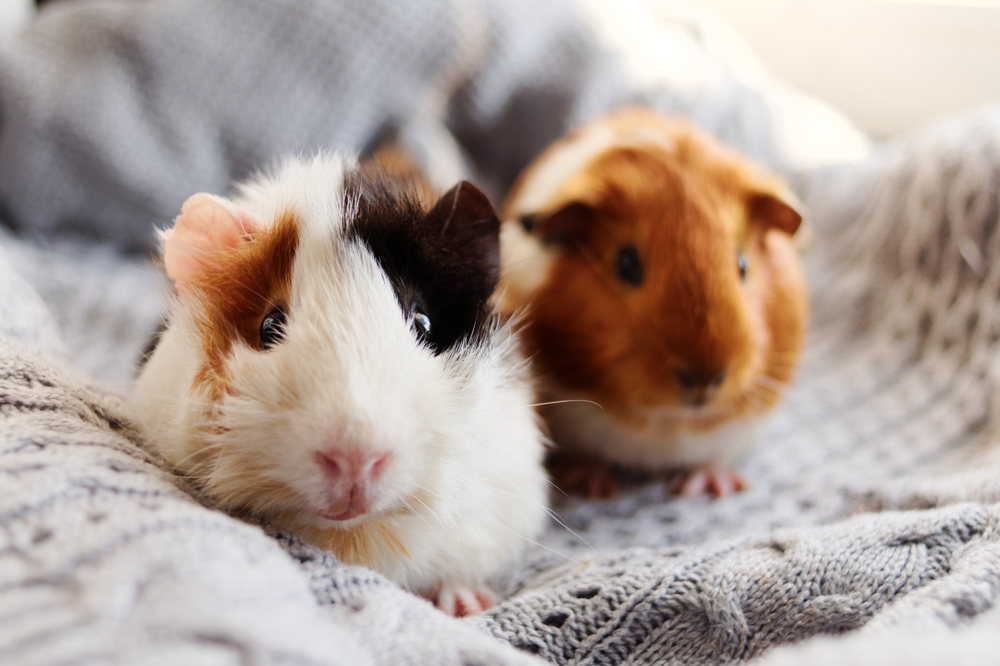
Guinea pigs make great pets for those who want to share life with a smaller critter. Maybe you’ve been thinking of getting a pet but don’t want the responsibility of a cat or a dog? How about a guinea pig? Although March is Adopt a Rescued Guinea Pig month, guinea pig lovers celebrate their existence all year long, 24/7/365.
Guinea pigs, or “cavies,” are short-tailed, rough-haired South American rodents (family Caviidae). Guinea pigs have always been one of the exotic pets I recommend most, especially for families considering a pet for the first time.
Fun Fact: The American Cavy Breeders Association recognizes 13 breeds of guinea pigs (also called cavies).
All featured products are chosen at the discretion of the Vetstreet editorial team and do not reflect a direct endorsement by the author. However, Vetstreet may make a small affiliate commission if you click through and make a purchase.
Get Ready to Bring a Guinea Pig Home
Even though guinea pigs are smaller than dogs and cats, they still require care, time, attention, veterinarian visits, and a proper diet.
Before we share why these adorable rodents make good pets, here’s a list of supplies and basics to help get you started on the road to success.
- Guinea Pig Cage: One or two guinea pigs need at least a 7.5 square feet cage or more (bigger is better).
- Bedding: Bedding helps absorb moisture from urine and feces in the cage. Spot clean it daily. Change it every few days.
- Water bottle: Guinea pigs need a fresh, cool, clean supply of water, and a water bottle is a must-have.
- Food bowls: Invest in a bowl or two that withstand chewing, scratching, and climbing.
- Hay feeder: A hay feeder helps to keep the hay dry and clean so your guinea pig is happy.
- Guinea pig food: Whatever diet you choose, make sure it is healthy and formulated for guinea pigs.
- Chew toys: Just like other pets, guinea pigs need a rotation of toys so they don’t get bored.
- Nail clippers: Make sure your guinea pig’s nails are properly trimmed. Your veterinarian can help.
- Comb and brush: Like all pets, guinea pigs need brushing and combing.
- First aid kit: Items like ZYMOX® Small Animal & Exotic Topical Solution will help support your guinea pig or small pet’s skin and ears. Your veterinarian can advise you on first aid items, too.
- Carrier: When transporting your guinea pig, be sure to have a quality carrier on hand.
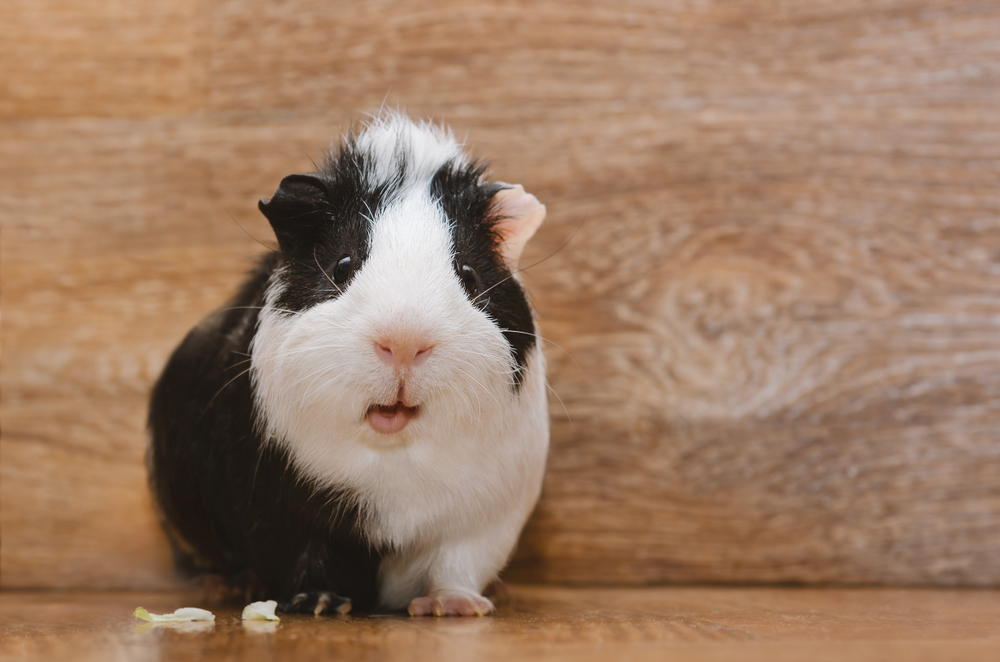
Why Guinea Pigs Make Great Pets
Why are guinea pigs one of my favorites? Here are 10 reasons guinea pigs make great pets:
1. Guinea pigs are hardy. When cared for and fed properly, guinea pigs are generally very healthy animals. Like other pets, they can be prone to particular diseases — for example, dental disease and bladder stones in their case — but these conditions may be prevented to some degree with proper nutrition and regular medical checkups. Also, since guinea pigs are from cool climates, they don’t do well in hot, humid conditions. Keeping them inside lessens the likelihood that they’ll overheat and/or dehydrate.
2. Guinea pigs are easy to care for. They require hay, fresh water, fresh vegetables and a small amount of pelleted food formulated for guinea pigs, plus a vitamin C supplement each day. They also need a fairly large cage lined with paper-based bedding. The cage needs to be spot-cleaned daily and completely cleaned weekly. Add some daily attention and they are good to go. Just remember, unless you want to end up with several little additional guinea pigs, you’ll need to separate males from females even before they are a month old!
3. Guinea pigs are great pets for children. Not as fragile as rabbits and generally less skittish than smaller rodents like hamsters and gerbils, guinea pigs are wonderful pets for elementary-school-age kids and older. But remember, younger children should always be supervised around guinea pigs, just as with any other pet.
4. Guinea pigs live long lives. While most hamsters, gerbils and rats live only two to three years, on average, most guinea pigs live five to seven years and some have even lived into their teens. This longer lifespan is important for families to consider if they are thinking of adopting a guinea pig, as you need to be prepared to care for your pig even after the kids have grown up and moved out.
5. Guinea pigs are unique. Many people don’t realize this, but guinea pigs have a lot of personality. Some guinea pigs are shy; others are bold and dominant. Just because two guinea pigs look the same doesn’t mean they’ll act the same. Before selecting a guinea pig, be sure to interact with her to ensure that her personality meets your expectations. For example, if you’re looking for a cuddly pet, you’ll want an outgoing, friendly little pig.
6. Guinea pigs purr! Just like cats, guinea pigs make a quiet yet audible vibrating sound when they are happy, often when they are petted gently. Most people who don’t own guinea pigs aren’t aware of this adorable sound. In addition to purring, guinea pigs make a number of other sounds including “wheeking” (squealing), “rumbling” (a sound made by a male courting a female), and teeth chattering (when they are angry or aggressive).
7. Guinea pigs like to pop. “Popcorning” is a unique behavior more commonly seen in young guinea pigs when they are happy or excited: They jump up straight into the air over and over. Some guinea pigs run forward and backward quickly, while others alternately kick out their front and back legs. Many pigs also squeal simultaneously. Popcorning is unique to guinea pigs and is a fun behavior to watch.
8. Guinea pigs are colorful. Short-haired, long-haired, even hairless — guinea pigs come in various breeds with fur of all lengths, colors and patterns. According to the American Cavy Breeders Association, there are 13 breeds and 10 basic colors of guinea pigs.
9. Guinea pigs like people. People who haven’t been around guinea pigs often don’t believe this, but these friendly little animals really do recognize and respond to their owners. Many squeal with delight when they see their owners or try to climb up the sides of their cage to greet them. They are as interactive and friendly as dogs and cats.
10. Guinea pigs make great first pets. Given their low-maintenance care, overall hardy nature, strong ability to bond with their owners and generally long lifespans, guinea pigs make terrific first pets for families who want an animal that is loving and rewarding but can’t provide the degree of care that a cat or dog requires — no need to walk a guinea pig!
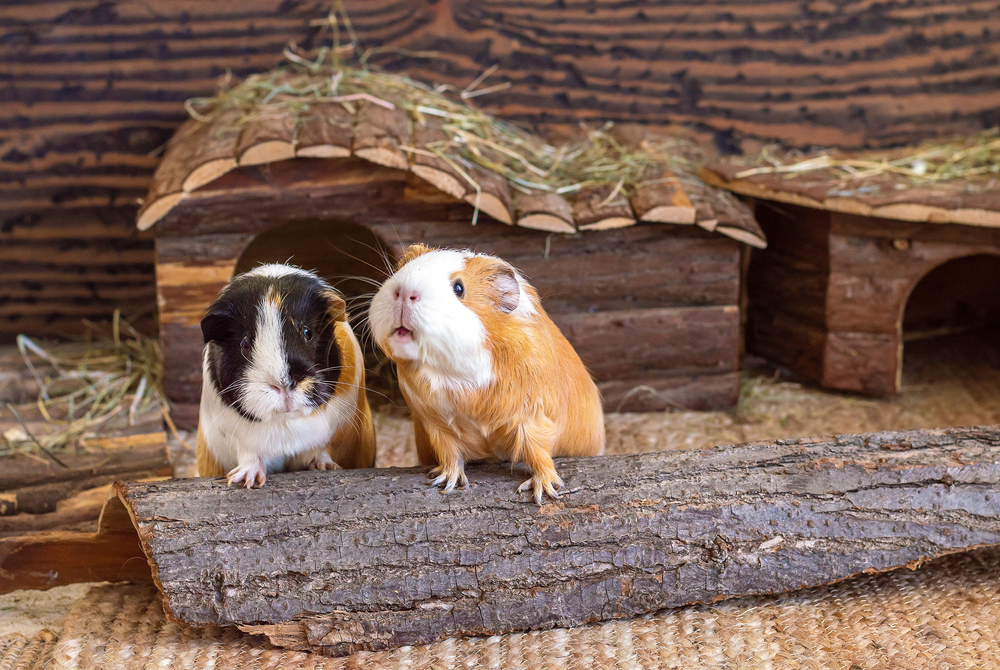
Be sure to find a veterinarian specializing in the care and treatment of small animals like guinea pigs. They are adept at hiding their symptoms when they don’t feel good. Your veterinarian can monitor for diseases and show you how to best care for a guinea pig at home.
So, now that you know all about guinea pigs, what’s stopping you from bringing an adorable new friend into your loving home?
More on Vetstreet:


